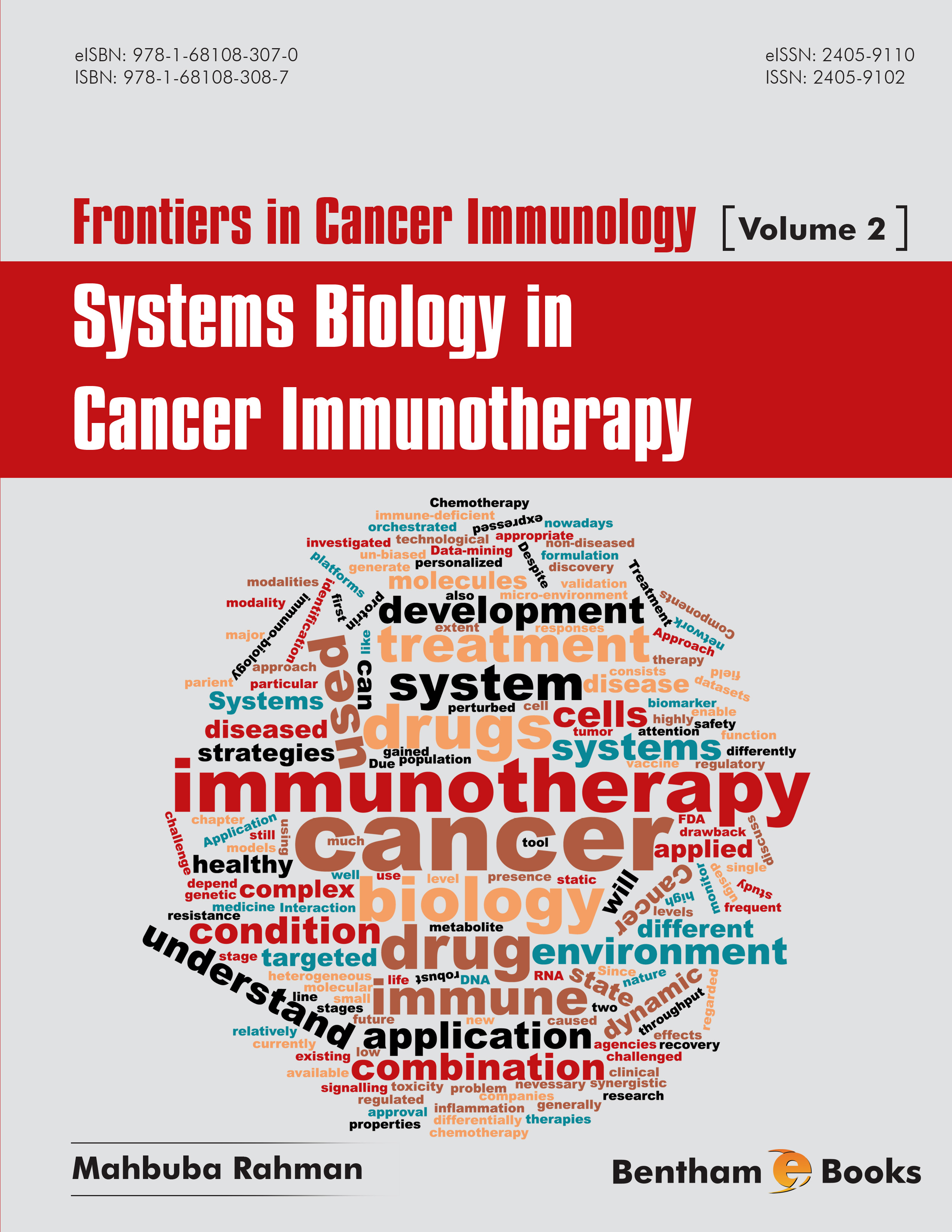Preface
Robustness is an essential property of all biological systems. This property is maintained and controlled by a large number of protein and signalling molecules, enzymes and regulatory molecules, which form an intricate regulatory network to transfer signals inside and outside of the cell. Considering the complex regulatory network of a cell inside its own milieu or its surrounding environment, cells have been referred to as ‘systems’ for more than a century ago. These networks control several checkpoints that are associated with cell proliferation, differentiation and metabolic regulation. Interestingly, the robustness or plasticity is observed both in healthy cells and in diseased or transformed cells like cancer cells. However, in cancer cells, the checkpoints are either mutated or dysregulated. Therefore, an in-depth understanding of the systems of these cells is an essential requisite prior to developing therapy against cancer. This can be achieved by using robust approach, such as the systems biology approach.
The technological platforms for systems biology are rooted in molecular biology. Unlike the conventional molecular biology techniques, systems biology takes advantage of the high-throughput omics platforms. The main strength of this approach is that it integrates results carried out by researchers of broad disciplinary such as molecular biology, immunology, bioinformatics, physicians and even the R&D of pharmaceutical companies in different parts of the world. Thus the approach produces unbiased data which enables researchers to investigate the system of a cell.
Over the past several years, systems biology approaches have been applied in different areas of life sciences research including cancer. Researchers were able to understand the hallmarks of cancer cells such as abnormal cell growth, inflammation, dysregulated metabolic pathways, drug resistance properties, etc. It also enabled researchers to investigate specific fields of cancer immunology including identification of cancer related signature molecule on the immune cells, biomarker identification, effect of monotherapy and combination therapy in tissue culture and mouse model. More recently, systems biology approach has been applied to cancer immunotherapy. Several immunotherapy drugs received US FDA approval and are at phase III of clinical trials. However, many immunotherapy drugs that are tested in laboratory tissue culture and mouse model failed to show significant tumor regression in patients. Investigation of the underlying cause of therapy resistance at the genetic and phenotypic level requires the use of robust approach like systems biology. Although systems biology is still at its infancy in cancer immunotherapy research, considering the strength of the approach to dissect a robust system or cell, in this volume of eBook series, we discussed the scope of systems biology in cancer. However, during preparation of this volume, an important platform of systems biology, metabolic flux analysis (MFA) was found to be less studied. This is a robust tool to understand the metabolic concentration of a cell resulting from specific cellular processes and from the function of a gene. Future research in cancer immunotherapy should consider implementing this method to understand and tie the diseased phenotype with the targeted cells.
Mahbuba Rahman
Sidra Medical and Research Center
Doha
Qatar





